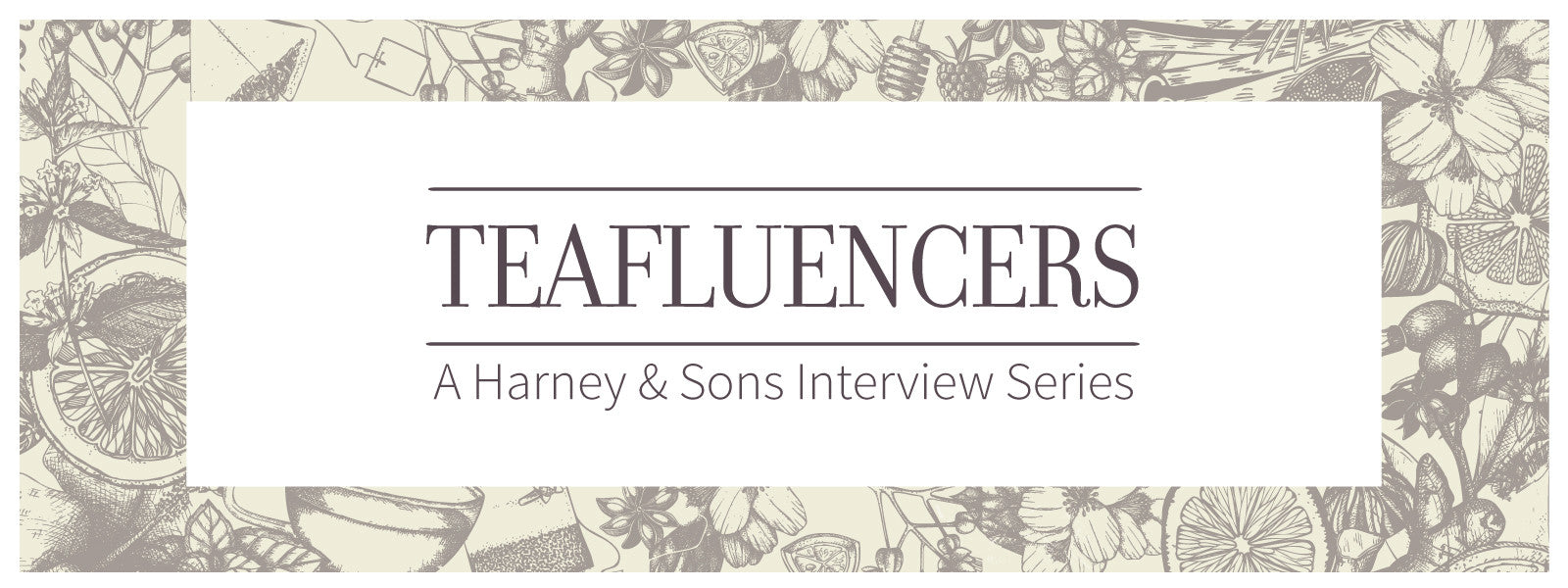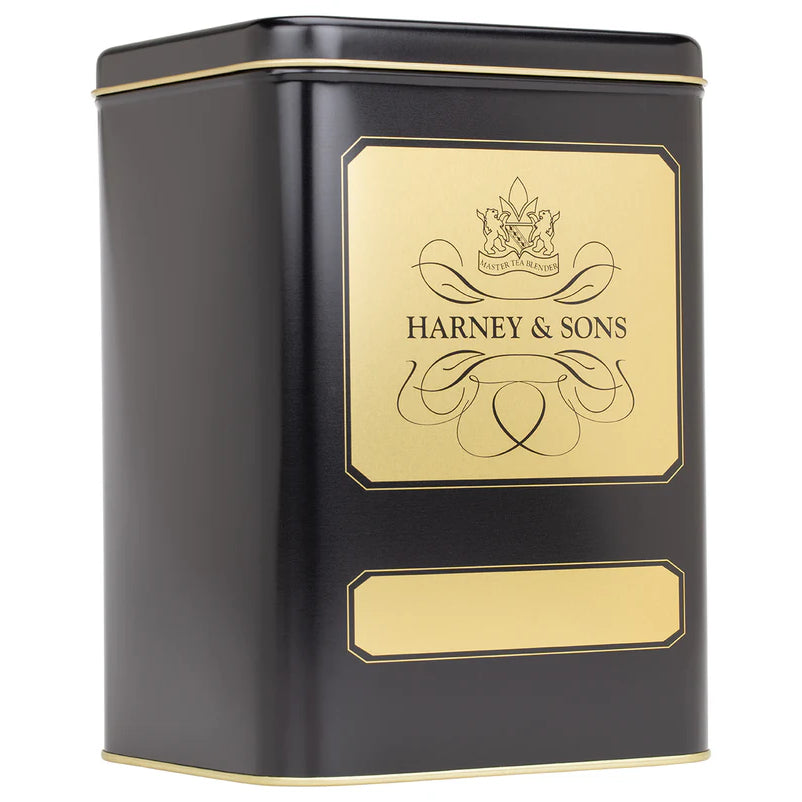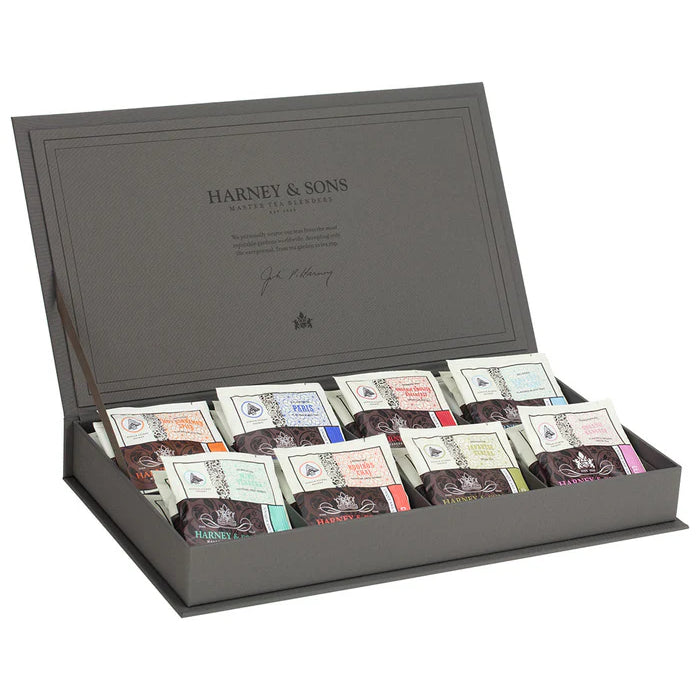
Warren Adler is a bestselling author of over 50 novels and hundreds of short stories and plays. This professional storyteller is well known for his iconic, novel-turned-box-office hit, “The War of the Roses,” starring Michael Douglas, Kathleen Turner, and Danny DeVito. This narrative is a perfect example of Adler’s burning desire to tell stories that reveal human truths, demonstrating his powerful imagination and memory.
While his first novel was published in 1974 at the age of 46, Adler’s talent and success as a writer began much earlier. In fact, Adler’s lifetime of experience in creative and professional writing represents the power of endurance and fierce determination to follow one’s dreams.
Before his 43-year career (and counting) as a professional novelist, Adler earned an English literature degree from NYU and studied creative writing at The New School. He spent time writing for the New York Daily News and the Queens Post, and also served for the U.S. Army in the Pentagon as the only Washington Correspondent for the Armed Forces Press Service during the Korean War. Next came his distinguished entrepreneurial career, where he owned four radio stations and a TV station, and founded his own advertising and public relations agency in Washington, D.C. When his first novel was published in 1974, Adler closed his agency and became devoted full-time to his writing career.
Harney & Sons had the opportunity to talk to Warren about his journey. Check out the Q&A below!
Harney: First off, tell us a little bit about yourself.
Warren: I was born in Brooklyn during the Depression. My father was always unemployed and that’s what really spurred me to take control of my own destiny. I never wanted to be dependent on someone else for my happiness and well-being. I’ve wanted to be a writer since I was 16 years old and I never let that dream fade, no matter what I did for money.
I’m an entrepreneur and always have been. I juggled running my own ad agency and owning multiple radio and TV stations with writing. My first novel wasn’t published until I was 46 years old. 27 of my novels were traditionally published with major publishers, but I later saw the power of digital publishing decades before it became what it is today, and I decided to take back all the rights to my catalog in the early 2000s. My middle son, Jonathan R. Adler, runs Grey Eagle Films, where he has the right to develop all 50 of my novels and hundreds of short stories and plays into films and television series. I’m heading to Rome in November for my stage adaptation of “The War of the Roses.”

Harney: Why is writing your passion?
Warren: I don’t really have an answer to that. Why are we called to pursue any art or craft? What I do know is that I have a burning desire to tell stories. My fiction reveals human truths, no matter how dark and uncomfortable they can be. It’s what we are made of, so it’s important to face it head-on. I have a powerful imagination and memory, which can be both a blessing and a curse.
Harney: Please list your top tips for writers/aspiring authors.
Warren: My number one tip is to learn to cope with rejection. You will get turned down but you can’t ever let someone else’s opinion of your work define you. I’ve been turned down by more people than I can count, but they’re all either in real estate now, or dead. Go figure. Another tip I have is to not share your work with others until it is finished. If you ask ten people what they think of your novel or short story, you’ll get ten opinions back. Don’t let anyone dictate your creative vision. You have only one life, one span of time. Make the most of it. It flies by.
Harney: Why do you think the story behind “The War of the Roses” became so iconic, both as a novel and as a motion picture?
Warren: I have many theories but I am beginning to favor one explanation. The principal anxiety in a divorce, after the custody of the children, is economics. How does one split one’s possessions? Lawyers have told me that most divorces bog down on that issue. In the case of the Roses, possessions—the house and everything in it—became the prime issue, although the underlying antagonism ran deeper. I did not deal with that as much as I dealt with the idea of possessions. In the case of the Roses, one can argue that they were killed by their possessions.
Since the book came out, I had a number of calls from readers who told me that the book convinced them to settle the issue of how they should split their possessions and money as quickly as they could before it got completely out of hand. For the Roses, it wasn’t a matter of sexual incompatibility or custody of the children, it was on how to split their assets that became the overriding theme. Nevertheless, beyond that explanation, I haven’t really a clue why the book and movie became so memorable.

Harney: Who are your favorite authors?
Warren: I have many favorite authors; many of them are the greats from Victorian-European literature including Dickens and Maugham. Others come to mind, including Hemingway, Roth, Simenon, Tolstoy, Orwell, Turgenev, Balzac, and Doris Lessing to name a few, but there are many others.
Harney: What is your favorite piece you’ve ever written and why?
Warren: My favorite is always the one I am working on. Once written, made into a novel, short story, or play, it is over for me as a favorite. The conception has taken place. I let my readers make their judgments.
Harney: What is your favorite book you’ve ever read and why?
Warren: “The Fifth Child” by Doris Lessing is a profound book on the nature of evil. Her thesis in the novel is that an evil person comes out of the womb as an evil person. It is a chilling concept, but as I grow older, I am beginning to think she has a point. As for a single favorite, I look upon all the books I have ever read as I view my children: I love them all. They’re all my favorites.

Harney: When you experience writer’s block, where do you go/what do you do for inspiration?
Warren: I never have what is traditionally called writer’s block. But sometimes I do a great deal of deep thinking on what I should write next, knowing in my gut that when it comes to me, I will be ready to write it. Writer’s block is a negative term that has no meaning for me since my mind is always noodling on what to write next.
Harney: What advice do you have for writers struggling to get their work discovered or dealing with rejection?
Warren: Never surrender. Never give up. Keep the flame lit. If it’s the real thing it will stay lit. If it’s not, it will flame out. I continue to believe that. Of course, you must have the self-validation and perception of your talent that spurs you on. Not to mention the element of luck, which remains a mystery.

Harney: What does tea do for you?
Warren: I have a cup of tea every morning with my morning paper. It allows me to focus and meditate at the same time. It’s a very soothing experience that no other type of drink offers me. It’s relaxing and it’s a terrific way to have a mini-break throughout the day. When ideas are swirling in my head, having a cup of tea is the perfect way to meditate.
Harney: What is your favorite type of Harney tea?
Warren: My favorite Harney tea has to be Earl Grey. I love dunking the sachet into a steaming cup with a touch of milk. The aroma is invigorating and brings back memories of London – I’m a diehard Anglophile. My staff has been trying to get me on the green tea bandwagon, so my next tea is probably going to be a Harney tin of matcha.
Thank you for taking the time to talk with us and share your story, Warren! To learn more about Warren, his journey as a writer, or “The War of the Roses,” check out his Facebook page or warrenadler.com. All photography in this post has been provided by Warren.














5 comments
Margarette
Great Article! As we all know~Tea makes everything better!
Great Article! As we all know~Tea makes everything better!
Lee Ann Owens
Thank you for the article about Warren Adler. His commentary is equally informative and inspirational. As a writer, I encounter more rejection than encouragement. But Mr. Adler validates this pattern is normal for anyone working in the arts. I’ll just keep writing and do better. A spot of tea along the way won’t hurt either. Write on!
Thank you for the article about Warren Adler. His commentary is equally informative and inspirational. As a writer, I encounter more rejection than encouragement. But Mr. Adler validates this pattern is normal for anyone working in the arts. I’ll just keep writing and do better. A spot of tea along the way won’t hurt either. Write on!
Karisha Kirk
Thank you so much for this fascinating interview!
Thank you so much for this fascinating interview!
Jerilyn Pelikan
This is a wonderful interview and I love the authors enjoyment of tea. I would love to see more interviews if this kind. Thank you.
This is a wonderful interview and I love the authors enjoyment of tea. I would love to see more interviews if this kind. Thank you.
Jenny
This is, by far, my favorite article I’ve read here! Inspiring indeed. Love Mr. Adler’s well measured replies and your questions also. I hope he choses to try more of your teas, because as for me: tea opens moments of quiet bliss like little else. New tea= fresh inspiration!
This is, by far, my favorite article I’ve read here! Inspiring indeed. Love Mr. Adler’s well measured replies and your questions also. I hope he choses to try more of your teas, because as for me: tea opens moments of quiet bliss like little else. New tea= fresh inspiration!